Charles Pakana (Victorian Aboriginal News)
Since 1851, there have been approximately 80 million oz of gold mined in Victoria. Now, at the time of this interview, the price of gold is $3,500 per ounce, which equates to $280 billion in today’s terms of gold mined across this state.
While there is growing conversation around the subject of paying the rent, what of that $280 billion in gold, gold that has been mined from Aboriginal traditional lands with virtually no benefit afforded to the Traditional Owners and Custodians of those lands?
Well, this is set to change. Following seven years of negotiations. The first agreement between a Victorian Traditional Owner group and an active mining operation has been struck. The agreement made between the Dja Dja Wurrung Clans Aboriginal Corporation, known broadly as Djarra and Agnico Eagle mines, has four key components, all of which contribute to the environment, employment and economic participation for Djarra.
Joining me today on the program to speak about this groundbreaking agreement is Djarra CEO Uncle Rodney Carter. Uncle, welcome back to the program.
Uncle Rodney Carter
Wawa Uncle Charles. It’s great to catch up again.
Charles
We seem to be making a bit of a habit of it. Unc, Let’s just drive straight into it. Seven years in the making. I know it’s a ground-breaking, no pun intended, agreement, but seven years is a long time. What took so long? And then we’ll get onto the specifics of it.
Uncle Rodney
Yeah, so, look, the probably simple description around it is Unc, some complexities. I think, in forms of negotiations coming to agreements, there’s always two places. You start as an origin and you try and get to some common understanding. And fortunately, over that seven years, we’ve landed somewhere amicably and somewhere we’re extremely excited and proud of doing together.
Charles
Who approached who?
Uncle Rodney
So within the recognition settlement agreement proper, there is a part that looks at land use activity agreements. It affords those that are party to the principle of the agreement, some rights, and then the transactional nature of it is classified in a schedule, and it can afford forms of community benefit from acknowledgement through to a monetary benefit. And there was a license application that triggered the lure. And at the time, the Agnico Eagle fossil gold needed to put in ventilation duct.
Charles
So they came to you.
Uncle Rodney
Yeah, they came to us, as all others do, that trigger these requirements. And that gave us the opportunity, I think, to have that initial discussion and then a much greater discussion.
Charles
Was there discussion held within Djarra prior to that seven years? Sort of just waiting for this opportunity to exist.
Uncle Rodney
I think something that’s been challenging for us and maybe others don’t always necessarily look at us positively to be a beneficiary of forms of natural resources and in particular, minerals.
And what we understand through the history of the gold rush, mining in itself, it’s seen as a bit of a blight and a scar on landscape. But one of the things that our mob did for the full group at the time, the settlement agreement, no longer should we not be a beneficiary of what others are taking from Country beside us, so we can’t stop mining.
And so we need to turn something that’s probably challenging for us, really difficult, into an immediate and future benefit.
Charles
Challenging for you in what way?
Uncle Rodney
I think it’s where the money comes from. Like for us as people, we’re not miners. Culturally, gold is described as kara, kara kara, which was allowed to lay everywhere across the ground. So, you know, the alluvial nature, when people come here and fossick for gold, and kara kara is the foot or two kick.
So it’s more of a problem. But as we know, as modern people, and all of these valuable items as minerals, they’re significant, I think, to redressing some of our disadvantage as People.
Charles
Now, there’s quite a bit of gold that is mined in this particular area, especially in the Fosterville mining area. According to the Agnico website, they’re looking at 210,000oz being mined just in 2024.
They also hold through that this mine will remain active until 2033. And that’s what I want to look at right now, which brings in one of the key points, and that is remediation of the land. We’ll come to the gold and compensation a bit later on.
But I know from your perspective, your personal perspective, that land remediation is very important. We’ve spoken about that numerous times over the years. So if they’re looking at around about 2033 of the mine ending, what’s Djarra’s expectation then?
Uncle Rodney
So we’ve got the process in place to discuss what needs to happen in a restorative manner so Country can sort of be healed. And that’s, you know, our Country plan, talking about what we want to do in caring for Country.
We understand that there’s this legacy where we describe, again, in the country plant. It’s upside down Country, very, very modified and sort of disturbed. So we’ve got the process in place, I think, for us to now activate some of our strategies, like forest gardening, gardening, the environment, how does that relate to climate change?
[language] renewable energy?
So we’ve got a lot of that stuff in place. It’d be then about deciding, how do you enable and action that? Fortunately, with Agnico Eagle and us doing this agreement, there’s discussion that they need to be compliant to the current laws and regulations about mine closure and that sort of stuff.
And where we’ve landed in this agreement is probably a more sophisticated place where as Dja Dja Wurrung we’re at the table deciding help craft that Country will now be given wellness back again as a people. And I guess that is just one of these unique elements that sits around this agreement as a first of its kind.
Charles
How much land are we talking about?
Uncle Rodney
Very good question Uncle. I couldn’t describe that off the top of my head. The mining that took place before Agnico Eagle took over the operations was largely open cut area.
Again there’s a lot of restrictions on mining and there’s actually the location of the gold and what we’ll find if you drill into the technical nature there is proposals around that. There’s deep leads within Australian geology and further opportunities in mining. So what we’ve seen is industry is probably a little bit more subtle in the way it’s present on the surface. But then the activity of course is taking place sort of predominantly underground now with these very ancient leads.
Charles
But there are still obviously dramatic repercussions that are sort of set before you and the land as a result of those underground operations because we know they just don’t disappear once they’re underground. So the question is that whilst the agreement sees that remediation of the land will be handed back to the Djarra, will there also be financial support from Agnico Eagle to ensure that remediation is achieved?
Uncle Rodney
Yeah so there’s resourcing I think from the signing day one through to what is needed in ensuring we’ve got capacity so the human resource and then the funding associated with activities.
So you know we’re reasonably certain and comfortable that that is a commitment for the details in the agreement and with any corporate world that they’ll be consistently involved with that.
And Dja Dja Wurrung’s involvement like we touched on with the restorative action, you know, we’re not an umpire, we’re not the police and all of this. There’s laws, but we’ve got an inherent duty, responsibility in caring for Country.
Again, that’s another thing that I think is fantastic, that it’s embedded in this agreement that we are culturally obligated to be caring for Country. And so now we’re a partner in being able to restore Country and heal Country from these types of activities.
Charles
But one would assume also that the restoring of Country. And the caring for country doesn’t just start in 2033 When it comes to Agnico Eagle’s operations, does this agreement provide Djarra with the ability to get in there now and for the life of the mine, just to oversee, provide advice and guidance?
Uncle Rodney
Yeah. So there’s a lot of economic, commercial activity and form of preference to Dja Dja Wurrung that are embedded into the agreement that are to our benefit and or the very least for our influence, say, for others.
And this is where we think our leadership involved in this agreement. If it’s not immediately beneficial to Dja Dja Wurrung, we just as much as our partner, Agnico Eagle, would be ensuring that the broader and other community sort of benefit from the activities.
There’s a state trust that holds substantial monies because of gold mining taking place in Victoria when those leases are no longer active and perhaps a corporate doesn’t meet their duty of care to decommission.
The Dja DJa Wurrung’s worked pretty well over the last ten years at looking at what are the models for us to come in on these smaller operations and do the restorative action. You know, the type of terraforming of areas that relate to the geology, the topography, say, for the water movement to the vegetation that’s needed. So we’ve learned along the way.
Charles
What about employment? Now, I noticed in the media release that was put out by Djarra that there are opportunities for Dja Dja Wurrung people or local Aboriginal people to be employed in these operations. What sort of scope are we talking about there? Can we talk numbers or aspirations at least?
Uncle Rodney
So whether Dja Dja Wurrung would benefit in terms of employment, there’s a minimum standard around the competencies of a person fulfilling a role.
So it’s not Dja Dja Wurrung that would have to be of that, like any other employees, but a greater and a concerted effort and consciousness that Dja DJa Wurrung, the partner in this agreement and employment in all of its forms can be a benefit to people. So from the implementation, the committee type project management, through to working within the mind itself and its infrastructure, the opportunities there for Dja Dja Wurrung..
Charles
What are the other benefits that you and the others here at Djarra see for the organisation and for the Dja Dja Wurrung people?
Uncle Rodney
I think for us to have a developed capability, I think we’ve best understood and tried to teach yourself what is actually going on in mining and minerals. Minerals exploration and gold is just one element. And when we’ve worked on our strategies over the last few years, there’s forms of needed dependencies around these rare earths and other forms of minerals.
So it’s helped us as a mob, I think, going down this path and this discussion to understand how can we be usefully a bit more sophisticated in the way that we look at renewable energy, the way we look at the forms of now reuse of waters in that Country.
And so now I think this is just another feather in our cap in the way that we care for Country and sort of look after Country. So, unusually that’s what’s happened out of this. As I touched on earlier, there’s a whole lot of mining activity taking place already in central Victoria.
There’s areas that need to be cleaned up in the last couple of years, the north central Victorian ground gold releases happen, so there’s more players interested.
I think we’re more capable than we’ve ever been by going down this path. Now, if we can not divert resources but usefully apply this greater capacity in our capability, improvement elsewhere in Country, it’s gotta be better for Country. And I would think it’s gonna be better for us as a people. Cause we’re more participatory now in caring for Country.
Charles
One of the questions I’ve asked you in previous interviews is how do you go about sharing your learnings with other Traditional Owner groups around Victoria and indeed Australia?
So obviously this over the past seven years has been an enormous learning curve. You’ve got a lot of learnings out of it. One would imagine over the next nine years, the projected lifespan of this particular mine, there’ll be a lot more learnings.
How do you anticipate that Djarra will share those learnings with other TO groups around the state?
Uncle Rodney
Yeah, so I think with our involvement, continued involvement in state engagement, and sometimes government facilitates that, sometimes we do it ourselves.
I think for Dja Dja Wurrung, in its pride, wanting to, in a constructive manner, share the achievement and the how and disclaim it that this might not be suitable for you and your mob culturally. So how do you adapt that?
So we’ve been doing that to varying degrees of success over the last ten years. And what I found, I think some of the challenges are, is the community, the members of that representative organisation ready to take that sort of step. And some of it’s a leap, I think, in what you do.
And we haven’t done this overnight. Our successes have been built upon probably a couple of decades now of negotiations in our own right. Okay, let’s get on with it and try and implement it so our doors open.
We’ll participate, you know, we talk over the last few years proceeding the negotiations, you know, the minerals forum conferences held in Melbourne and Victoria. We’ve spoken nationally and I think to be repetitive in what we’ve done because something’s clearly not immediately understood in how Dja Dja Wurrung done this. And so I think that’s about us being courteous in the time we need to give others to understand this is what we’ve achieved.
We believe in you, you could achieve this. We’re here to help you if need be. And that is a significant good thing for us as a people that we’re not giving back just to our own, we’re giving to others. And that builds into our philosophy about the good leadership and what Dja Dja Wurrung does.
Charles
And would you be doing that on your own or would you be utilising the auspices of the Federation of Victorian Traditional Owner corporations? Because obviously for you then to set up a communications line to all the other, TO groups across the state, that’s going to be an additional burden to you.
So what other resources would you use to share this knowledge?
Uncle Rodney
I think the still to be to determine exactly what the resourcing we apply through this agreement. To serve the agreement, but then to serve all the stuff that sort of sits around the agreement.
That’s an opportunity sensibly. It might need to be even invested in by us, you know, for a greater breadth of achievement outside of, you know, this is an agreement around this current morning activity at this area and probably working on a strategy.
Charles, I think one of the things we’ve been really good at is turning our visionary thinking into decades, generations and centuries about what we want to achieve in healing countries. So who knows? There might be an upside down Country strategy in the making, at least as a thought at the moment.
Charles
Can I take it that you are in your mind, you’re working on an upside down Country strategy?
Uncle Rodney
Sometimes you got to just set things aside and they’re going to be fit for purpose. We wanted the state government actually to work collaboratively with First Nations group and actually look at their earth resources strategy and probably outside of our immediate intimacy of Country, that’s something that the state should be doing.
We would be suggestive. That’s a really constructive thing to do and it serves a bit of the purpose. From your previous question, how do you help other mobs try and understand what they could participate in, benefit from?
As bad as sometimes their mob think that mining minerals extraction is. As I touched on earlier, whether we like it or not, we need to better understand what is the greatest softness, appropriateness associated with minerals and these rare earths extraction.
Because inadvertently we’ve created a global dependency that future generations are going to have to grapple with. And so I think our current generation really needs to be solutions orientated.
Why should we be better at doing these things? Because they need to be done.
Charles
Let’s now address the elephant in the room. And that is potential for racism to rear its ugly head as we saw it rear its ugly head here in Bendigo last year during the referendum campaign.
Once the community starts to learn that the Dja DJa Wurrung are going to benefit financially from this agreement and for our listeners, Uncle Rodney and I did yarn before this and were at this stage not permitted to talk actual dollars. We will be chasing them up later on in the year and trying to get some…
Uncle Rodney
Sure you will
Charles
But the fact is that lets be really frank, Unc. Once the general community recognises or knows that the Dja Dja Wurrung are getting money from the mining, there’s going to be a bit of a backlash that’s going to happen regardless.
Uncle Rodney
Could be.
Charles
Have you thought about how that’s going to be dealt with? Because you can’t just deal with it like a media release last year like you did.
Uncle Rodney
So I think we’ve got a consciousness around that. We’re probably outside of this immediately form a subject matter. We understand how we respond to that type of behaviour and that behaviour, sadly, annoyingly, is transferable across a whole lot of social presence.
As First Nations people, disadvantaged people with disabilities and gender, we know that. So I think we’re in a really sort of respectful place to respond in a manner that we would hope when people hear us, as opposed to those that are racist and discriminate against us, can be proud of Dja Dja Wurrung this is how they act.
This is how they respond. Now, maybe more on the technical side of it, if there is a value associated with this benefit that we get on any of our audits that are publicly posted at ORIC, you will see that Dja Dja Wurrung, over the last ten years of our recognition settlement agreement, is increasingly investing in our savings. So our prosperity and our wealth, but also back into central Victoria.
So if there is a wealth coming from our homelands that sadly our ancestors didn’t enjoy, and now we’re at a really defining moment where a corporate citizen that’s licensed to do this is choosing to share their wealth with us as First Nations people. I would say to others, if they want to be discriminatory, they are so misplaced in that type of thinking, because we’ve proven over a decade that we save our pennies and pence and we invest in our own back in central Victoria, not just Dja Dja Wurrung.
And if you look at the economic analysis of what we do, we bring this thing called a multiplier effect to other people’s economic activity. So those that choose to enjoy and be present in our culture and our presence as people, the multipliers are around three and five times of the economic activity.
So we’ve been able to, through facts, figures and evidence, show others that we’re caring, we’re considerate, we want our homelands to be better, you know, over many centuries for future generations when i’m and others are long gone, and turn central Victoria Jandak back into something that’s uniquely Dja Dja Wurrung, like it’s never been in the last 200 years. And that, I’m prepared to be quoted on that and measured, because so far we haven’t, you know, put a foot wrong..
Charles
And that would, of course, translate to what you’re talking about, things on the ground, such as remediation of Country that’s going to benefit all Victorians regardless.
Uncle Rodney
Exactly.
Charles
Uncle Rodney Carter, thank you so much indeed for your time.
Uncle Rodney
Dulma, thank you. And Batak, take care. Uncle.


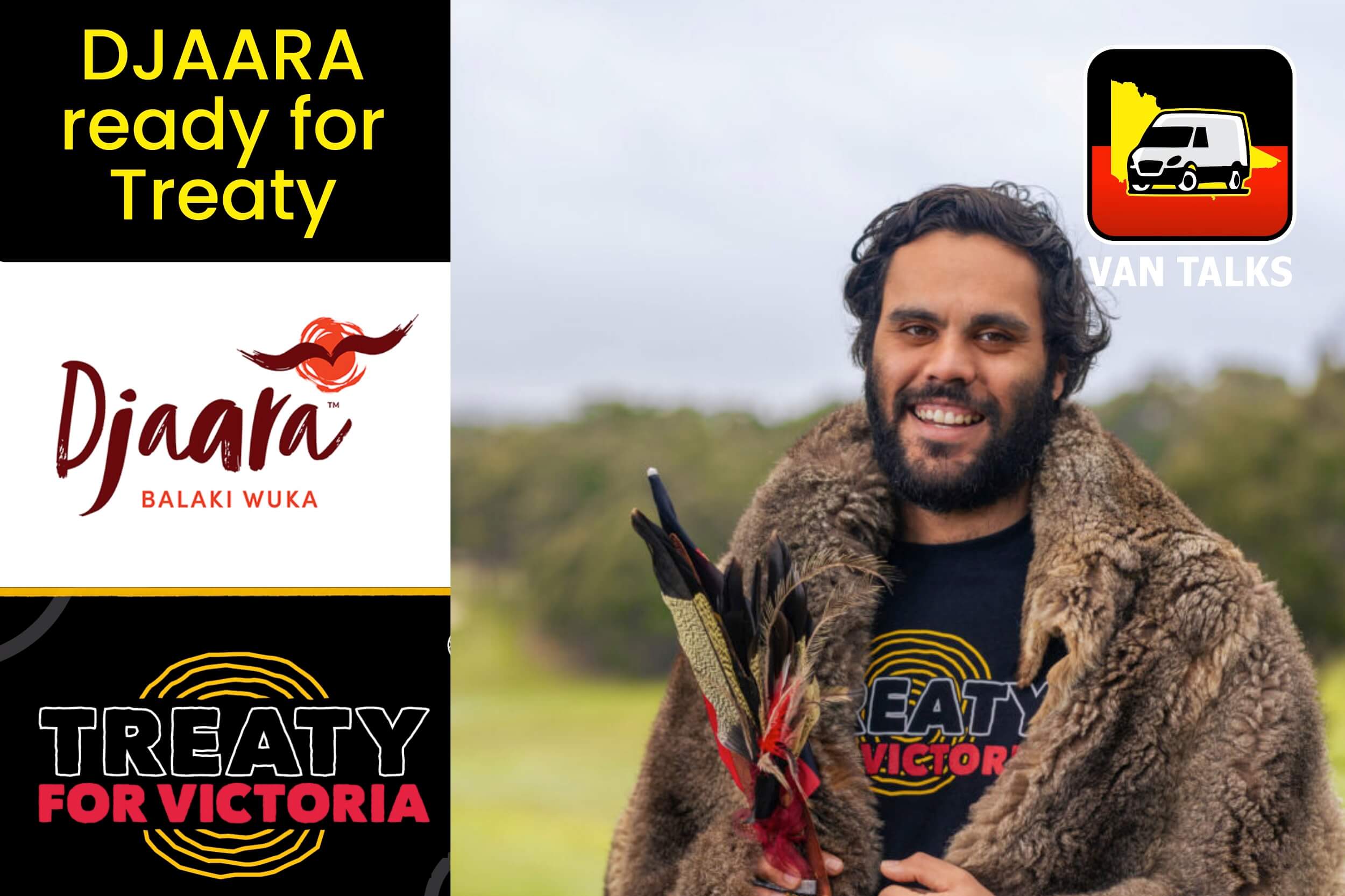
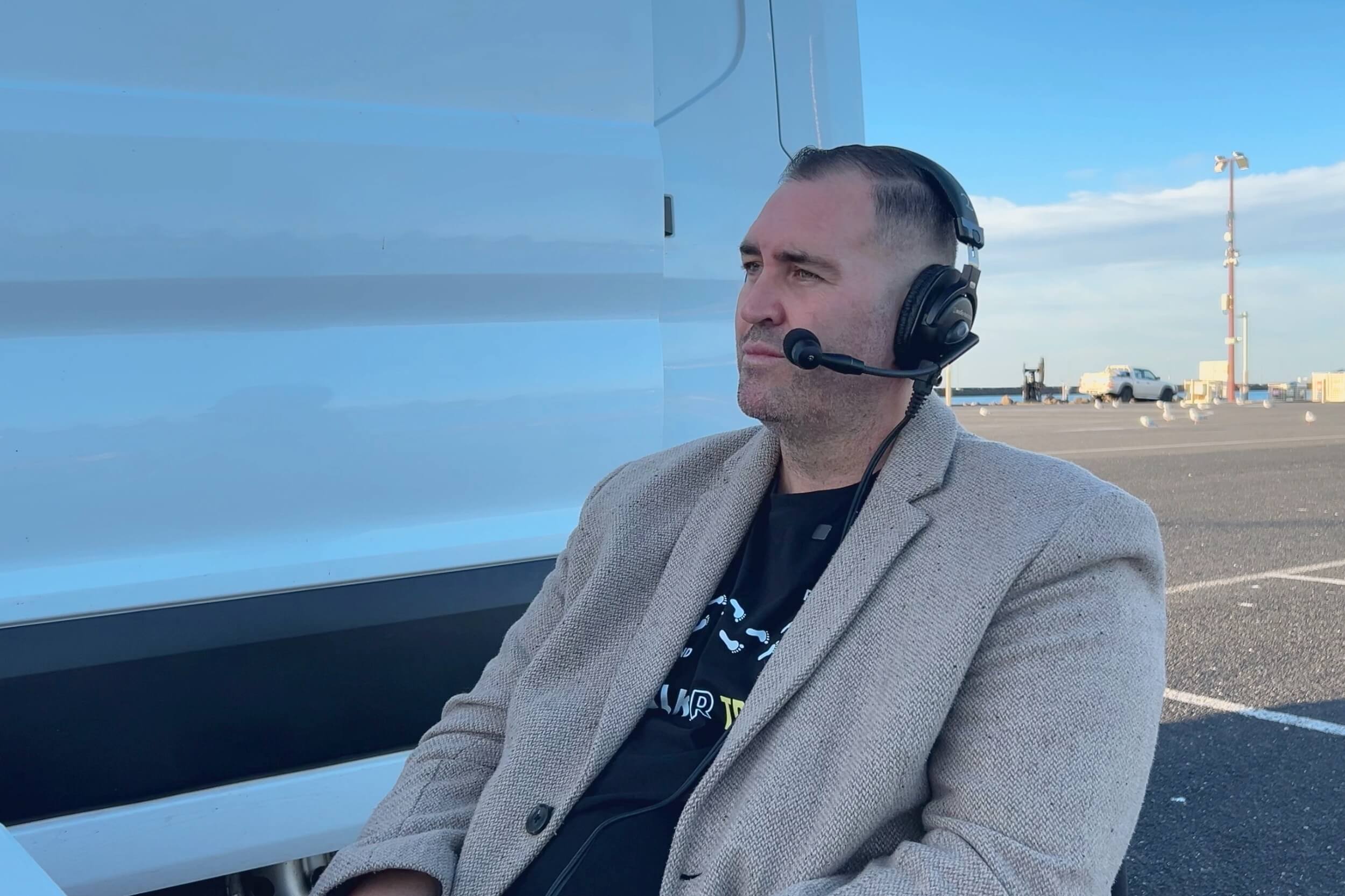
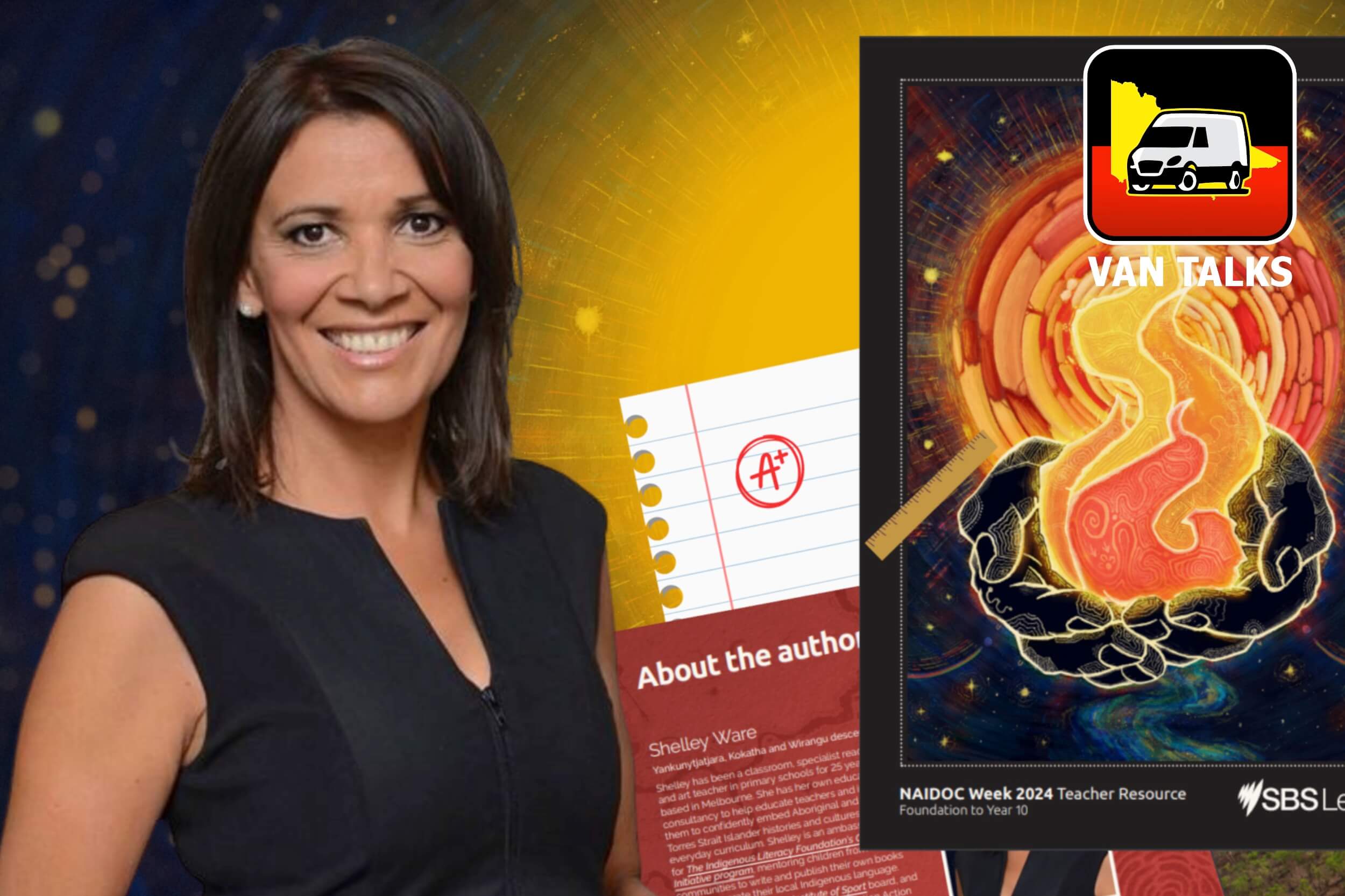
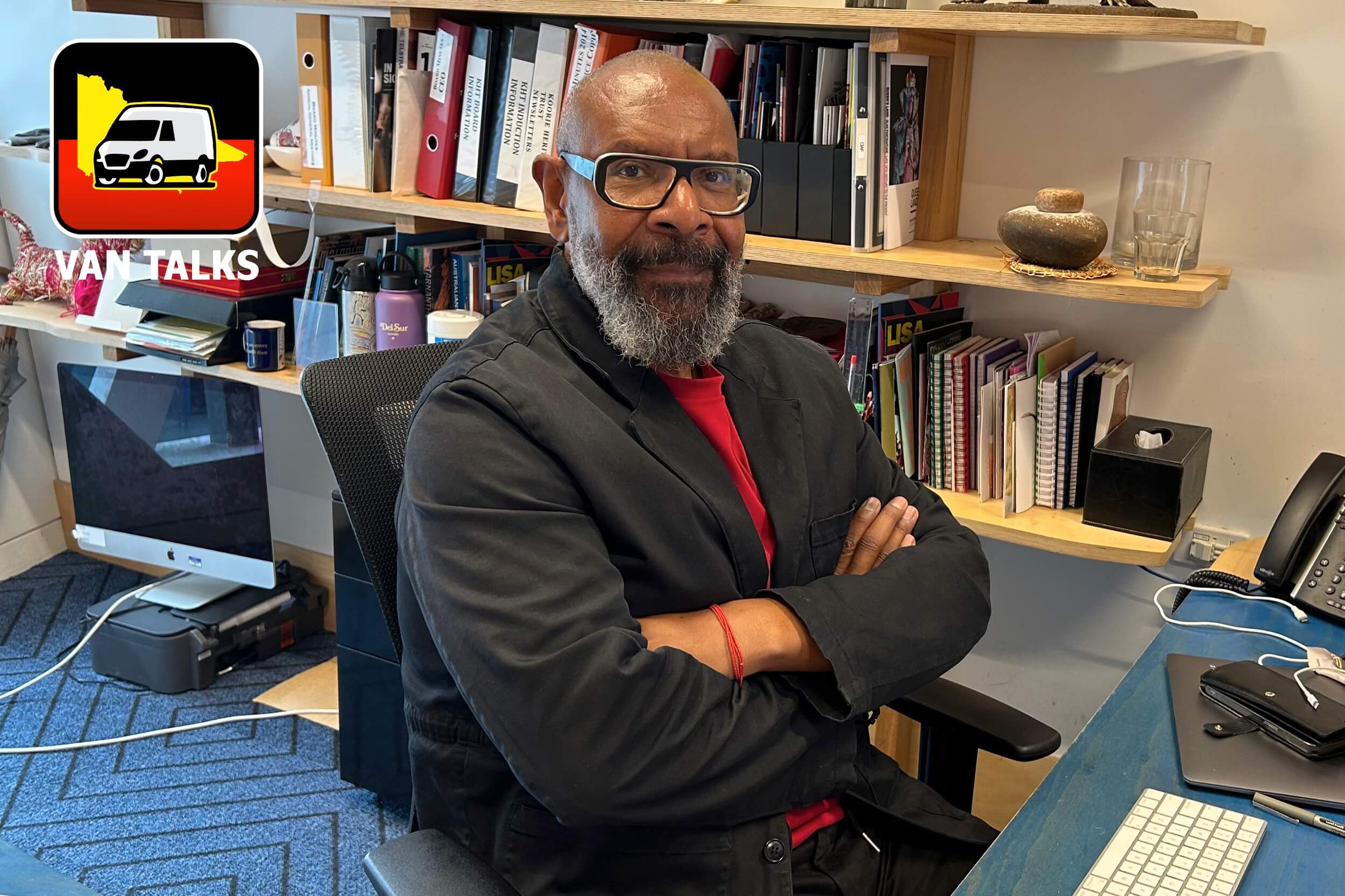
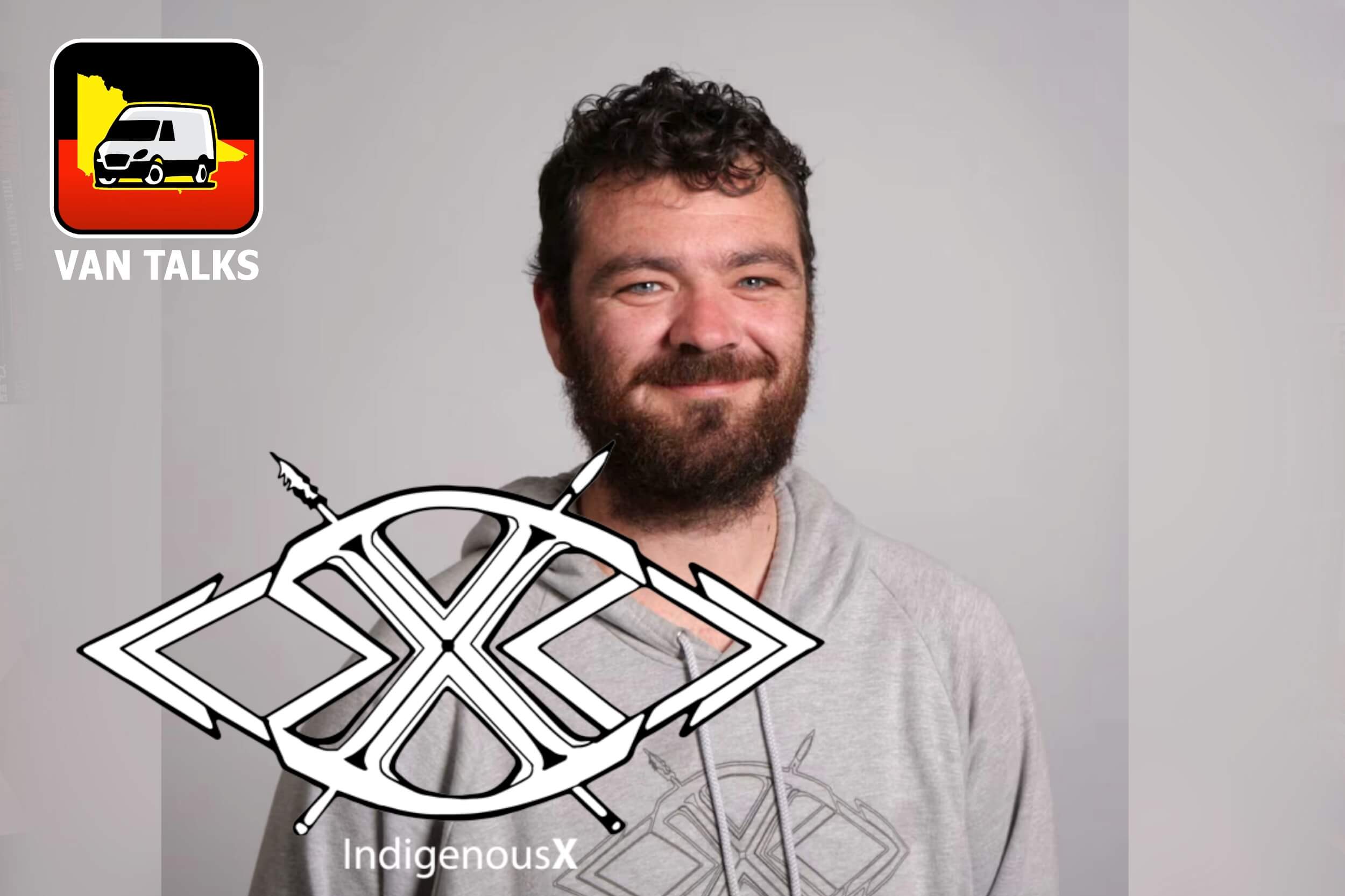

0 Comments